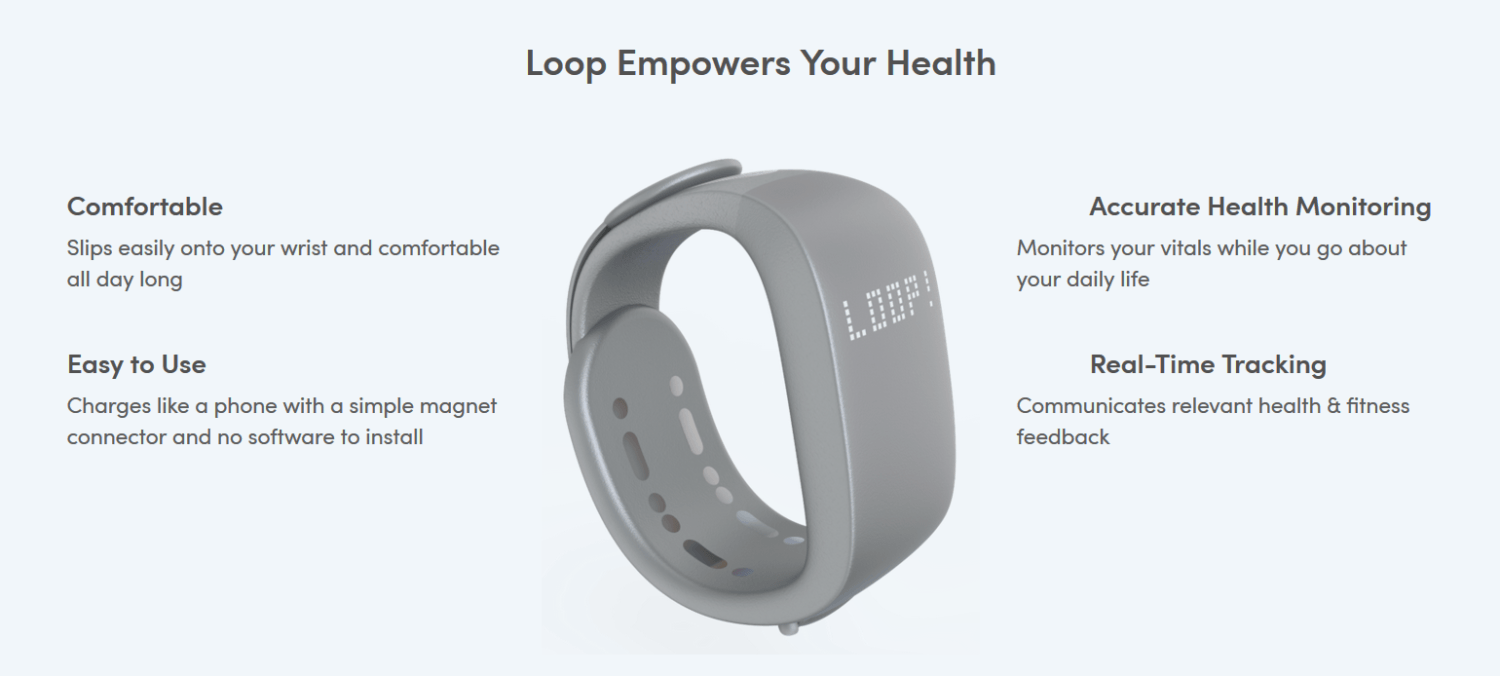
What You Should Know:
– Itamar Medical Ltd. acquired the technology and assets
of Spry Health in a move to expand its product offering beyond Sleep Apnea identification.
– Itamar Medical’s acquisition of Spry Health will enable
the company to develop a wearable watch-like remote patient monitoring
solution.
Itamar Medical Ltd.,
a medical device and digital health company focused on the
integration of sleep apnea management into the cardiac patient care pathway,
today announced that it has entered into a definitive agreement to acquire technology and assets of
Palo Alto, CA-based Spry Health for
an undisclosed cash amount.
FDA-Cleared End-to-End Solution to Enable Improved Remote
Care
Incubated at Stanford-affiliated accelerator StartX in 2013,
founders Pierre-Jean “PJ” Cobut and Elad Ferber started Spry Health with a
mission to help chronically ill patients receive proactive care and help them
stay out of the hospital. Spry Health developed the clinical-grade wearable
Loop to be a catalyst for both better care and lower costs.
Spry’s patented technology is delivered through a watch-like
home-based monitoring medical device called the Loop™ System. The Loop System
is FDA-cleared and based on an extensive set of sensing technologies and
algorithms that contextualize real-time, continuous physiologic data to flag
signs of patient deterioration using bio-markers such as SpO2, respiration
rate, and heart rate. These three signals, combined with Itamar’s core
expertise in the Peripheral Arterial Tonometry (PAT®), form the foundation for
continuous sleep apnea monitoring. Itamar anticipates commencing development of
a new wrist-worn device immediately, with initial market launch timing
anticipated in 2022.
“As we sought opportunities to build on our vision of expanding sleep apnea diagnostics from a single-night test to continuous remote patient monitoring, we identified the technology commercialized by Spry Health as a perfect fit,” said Gilad Glick, President and Chief Executive Officer of Itamar Medical. “The acquisition of their FDA-cleared, wrist-worn technology and the addition of a knowledgeable pool of selected talented engineers, led by Spry co-founder and CTO Elad Ferber, provides an excellent platform for us to jump start our development initiatives to bring to market a continuous sleep apnea monitoring device to further support chronic disease management, particularly as it contributes to the added burden on cardiovascular disease.
In a move to expand its product offering beyond Sleep Apnea
identification, Itamar Medical’s acquisition of Spry Health will enable the
company to develop a wearable watch-like remote patient monitoring solution.
This new, one-of-a-kind solution will allow the company to further support
patients and their doctors, providing doctors with the data needed for ongoing
and effective monitoring and treatment of Sleep Apnea accumulated burden on the
patient heart and vascular systems. This is the first time that doctors will
have access to a tool to help them remotely monitor and manage sleep-related
chronic diseases and patients will have a wearable that will accurately monitor
the effectivity of their treatment.
While finger-based monitoring yields the highest accuracy,
it is currently not suitable for longer-term wear. A device that is designed
for the wrist, while potentially less accurate for precise disease diagnostics,
is more suitable for monitoring the continuous accumulated burden of sleep
apnea and its potential impact on other diseases, such as cardiovascular
conditions, due to its wearability over weeks or months,” added
Glick.
The total global RPM market in 2019 was estimated to be
approximately $800 million and expected to reach approximately $2 billion in
2027. North America represented the largest share of the global market at approximately
38%, primarily attributed to rising cardiovascular disease
“Sleep apnea is a serious and common respiratory disorder. Recent studies have shown that 50-80% of patients with cardiovascular disease including hypertension, stroke, atrial fibrillation and HF have significant sleep apnea – and patients with uncontrolled sleep apnea are more likely to have worse outcomes including uncontrolled hypertension, refractory afib and higher mortality. Enabling cardiac-based RPM programs in patients with CV disease will almost certainly be a game changer in helping us identify sleep apnea – and its burden – earlier in these patients and lead to better outcomes across the board,” said Dan Bensimhon, MD Medical Director Advanced Heart Failure & Mechanical Circulatory Support at Moses Cone Health.
